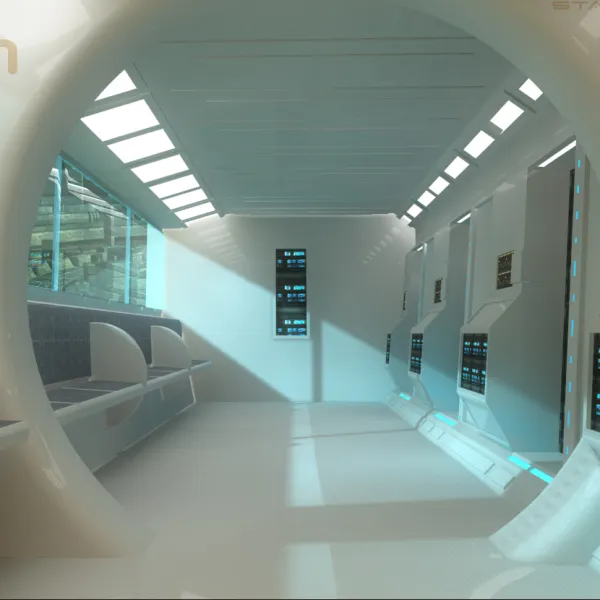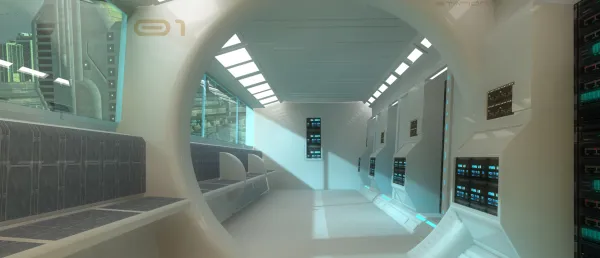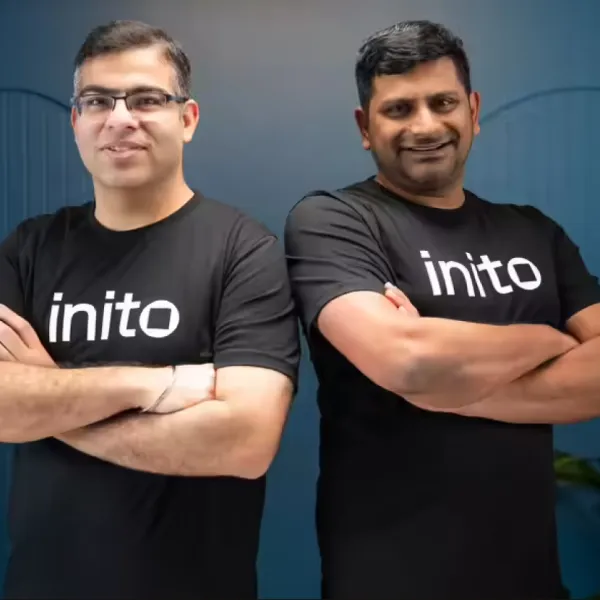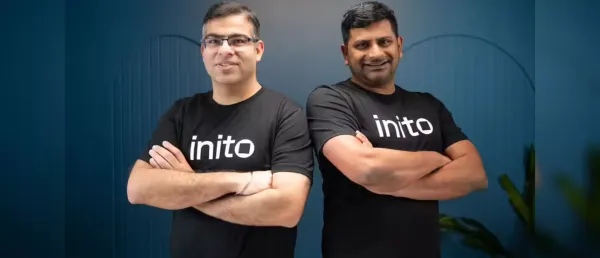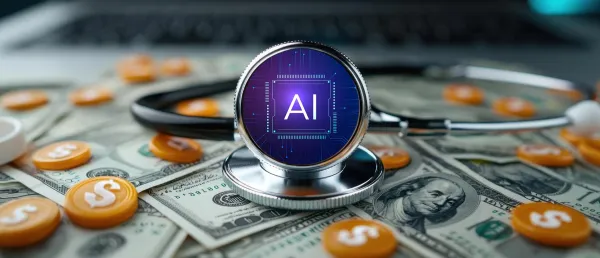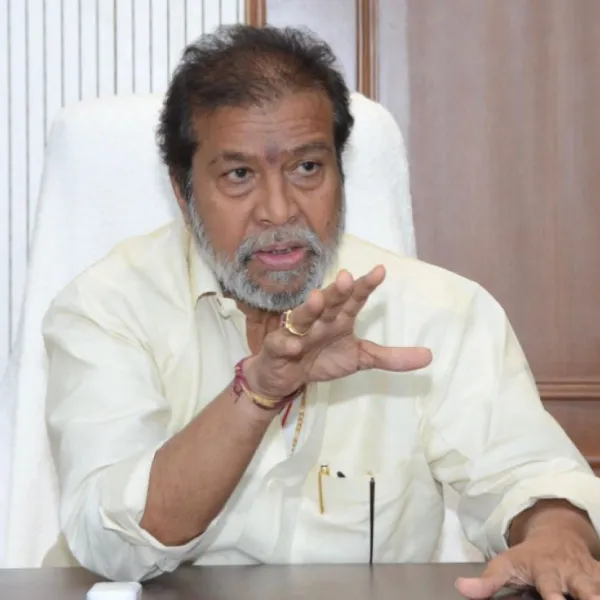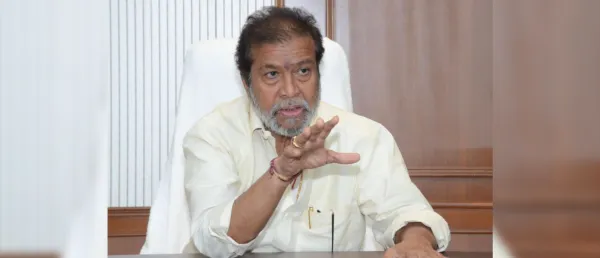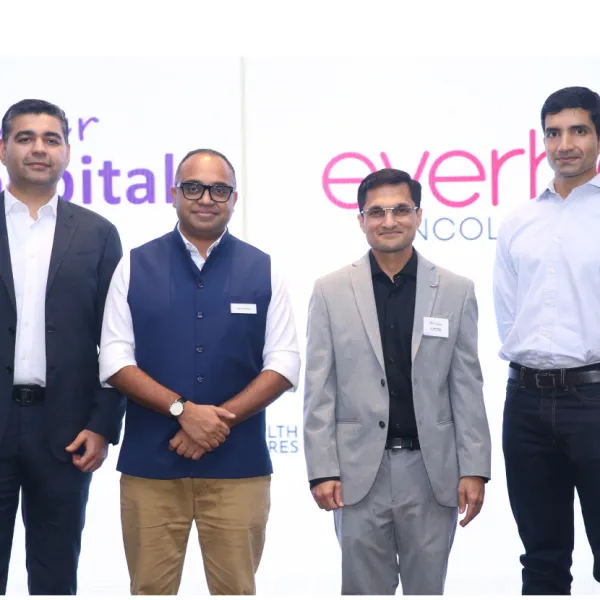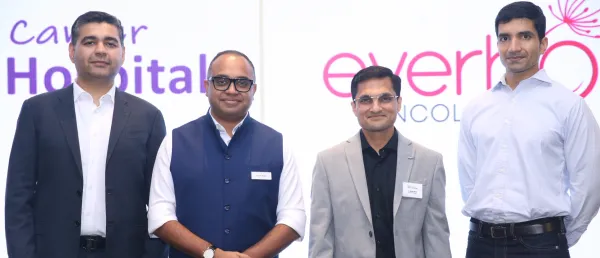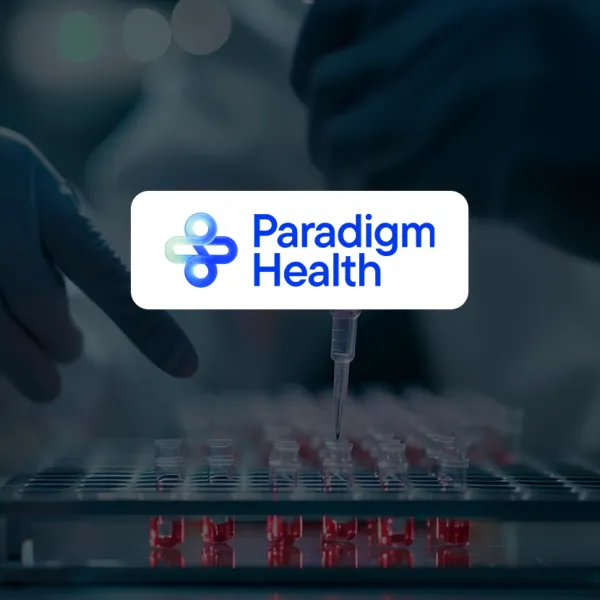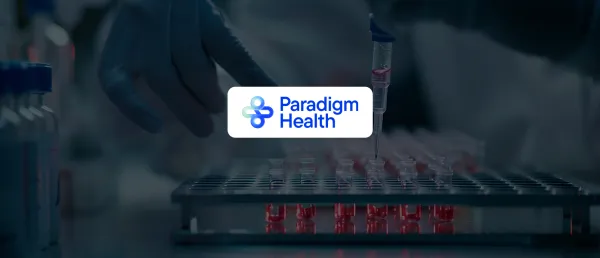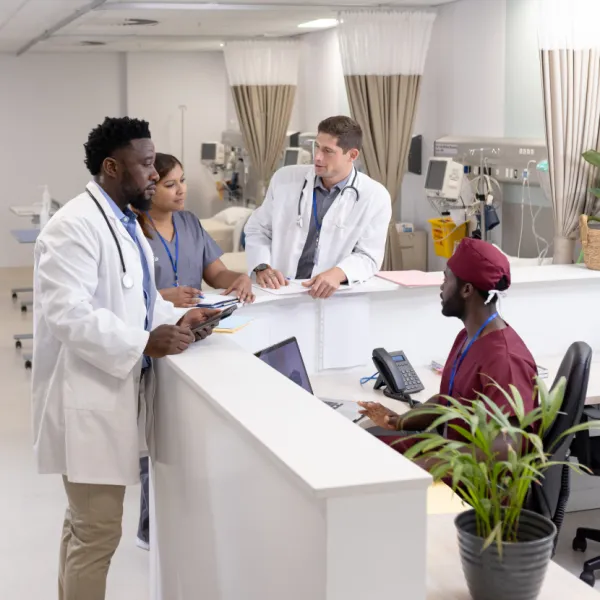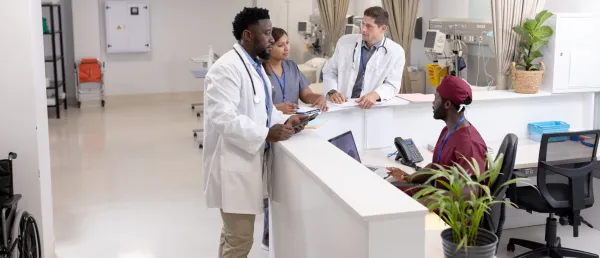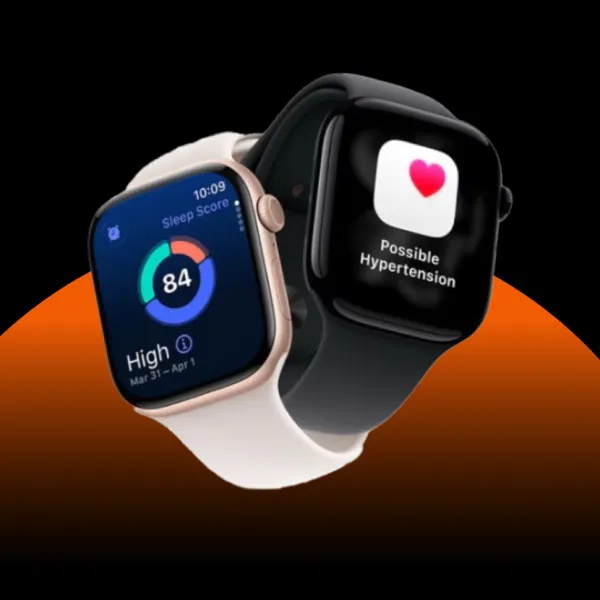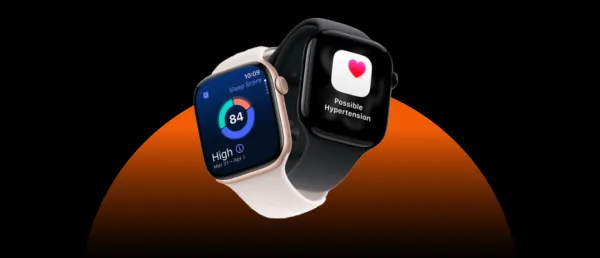UK Funds Cancer Breath Test & AI Doctor Technology

The funding is aimed at improving diagnostic methods for gastrointestinal cancers and the use of AI in cancer diagnosis.
Imperial College London has received UK Government funding for two cutting-edge cancer diagnosis projects.
The initiatives, focused on early cancer detection, are part of a broader effort by the government to enhance cancer care across the UK.
The funding, provided through the NIHR’s i4i Early Cancer Diagnosis Clinical Validation and Evaluation call, is aimed at improving diagnostic methods for gastrointestinal cancers and the use of AI in cancer diagnosis.
Cancer Breath Test
The first project, led by Professor George Hanna of Imperial College London, involves the development of a breath test to detect early-stage gastrointestinal cancers, including oesophageal, gastric, pancreatic, liver, and colorectal cancers.
Known as PANACEA (PAN Alimentary Cancer Exhaled Breath Analysis), the project will assess the accuracy of breath analysis to detect subtle chemical signatures associated with cancer.
The test is also intended for integration into GP clinics to streamline early cancer detection in primary care.
The second project, led by Professor Brendan Delaney, focuses on the application of artificial intelligence to support cancer diagnosis in general practice.
Working with NHS Sussex Secure Data Environment and industry partners, the team will trial an AI-powered "virtual doctor" to assist GPs in diagnosing cancers, particularly pancreatic and lung cancers.
The AI system, developed by US-based SOAP Health, will gather patient medical histories through a virtual assistant, helping GPs make informed decisions from the first consultation.
Professor Delaney commented on the potential of AI in healthcare saying, "AI allows us to suggest possible diagnoses at the start of consultations, making diagnosis more accurate and improving patient outcomes."
These projects are part of the UK Government’s wider strategy to leverage life sciences and innovation to advance cancer care and early detection. The initiative aims to develop tailor-made therapies and advanced diagnostic tools, benefiting both patients and the UK economy.
Science and Technology Secretary Peter Kyle emphasized the impact of these projects. "Cancer has touched every family. By partnering with the NHS, researchers, and industry, we can use science and technology to revolutionize cancer detection and treatment,’’ Kyle noted.
Stay tuned for more such updates on Digital Health News.
Stay tuned for more such updates on Digital Health News





